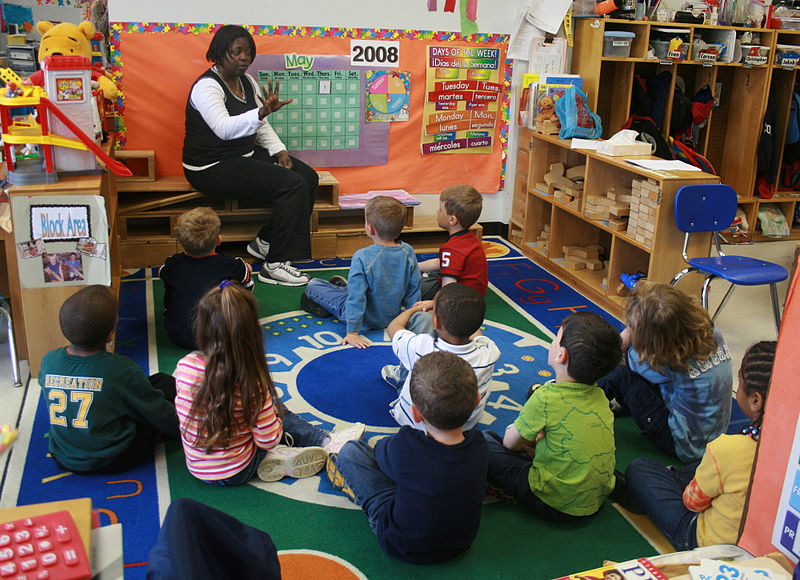Key Takeaways
- Education is the process of acquiring knowledge, skills, and personal development through teaching, training, and discussions in various settings, while indoctrination involves propagating specific ideas, beliefs, and attitudes without proper understanding.
- Education occurs in formal and informal settings under the guidance of educators, while indoctrination typically takes place outside of formal learning environments and without the supervision of trained instructors.
- While education encourages questioning and understanding of various subject matters, indoctrination discourages questioning and expects followers to accept beliefs and ideas without proper understanding.
What is Education?
Education is the process of learning through methods such as teaching, training, and discussion. It can occur in formal settings like schools and universities, as well as informal settings like homes, workplaces, and social interactions. Education is compulsory up to a certain age in most countries. Formal education is divided into early childhood, primary, secondary, and tertiary levels, and is guided and supervised by instructors or educators. Educational theories and reforms are updated periodically in formal education.
In formal education, learning takes place in a classroom setting with well-trained teachers and educators, and facilities are provided within the classroom. Informal education involves hands-on experience, through which students gain knowledge. Students are encouraged to question their learning to better understand the subject matter.
What is Indoctrination?
Indoctrination is the process of educating a person with a set of beliefs and attitudes, without proper understanding. Unlike education, ‘teaching’ does not take place in the method of indoctrination. Instead, indoctrination involves inculcating or propagandizing a person with ideas and beliefs, which are adopted without proper understanding.
Followers of indoctrination are not allowed to question the beliefs and ideas being inculcated. They must adopt these beliefs even though they do not understand them fully and must accept them without questioning. Although indoctrination deals with educating people, it carries a negative connotation. The term may be used in the contexts of religious doctrine, political persuasion, and anti-social doctrines.
What is the Difference Between Education and Indoctrination?
The key difference between education and indoctrination is that formal education occurs in a proper classroom setting under the supervision of qualified and trained teachers and educators, while indoctrination does not take place in a proper classroom or a proper learning environment under the supervision of specifically trained educators or any other instructors.
Another core difference is that education carries a positive connotation and involves distributing knowledge among students, whereas indoctrination reflects a negative connotation in the distribution of beliefs. Education focuses on various subject matters and facts, while indoctrination focuses on beliefs, attitudes, and opinions of particular philosophies. Furthermore, students who receive education are encouraged to question what they learn, while followers of indoctrination are not expected to question the beliefs and ideas they are inculcated with.
Summary – Education vs Indoctrination
The main difference between education and indoctrination is that education is the process of receiving knowledge, skills, habits, and theories using methods like teaching and discussion in formal and informal settings, whereas indoctrination is the process of inculcating a person with ideas, beliefs, and attitudes of certain philosophies. Although indoctrination may appear similar to teaching in general, it is negatively valued, while education provides a positive connotation and reflection.
